New Year's speech by Raoul Hedebouw, president of the PTB-PVDA
Dear friends, dear comrades,
I would like to start by wishing you all the best for 2023. All the best to you, your family, your children, your colleagues and your friends. This is the most important thing. Times are hard. And we're all doing the best we can.
Well, I say times are hard, but it depends on who you are. For some, times are not hard at all, they are even very easy. For some, the money is flowing in. Last year, large shareholders around the world received $550 billion. In Belgium too, records were broken.
Times are also very easy for the shareholders of Engie-Electrabel [a large multinational energy company], which saw its profits almost double last year. While many don't know how to pay their bills any more, the "crisis profiteers" are rubbing their hands.
As always in times of crisis, whether economic, financial, military or political, our society has reached a turning point. There are two paths to choose from. Either we continue with the old liberal recipes that have been pushing us into crisis for 30 years. Or we dare to propose new ideas. The years 2023 and 2024 [with the European, federal, regional and local elections] will therefore be crucial for our society .
Either we choose to turn towards a cold society, where the rich are always richer and the poor poorer, where the logic of competition pulls everyone down. Or we take our society towards greater warmth, towards greater solidarity. A world where science is at the service of the people and where it is not the market that rules our lives. In short: either we turn right or we turn left.
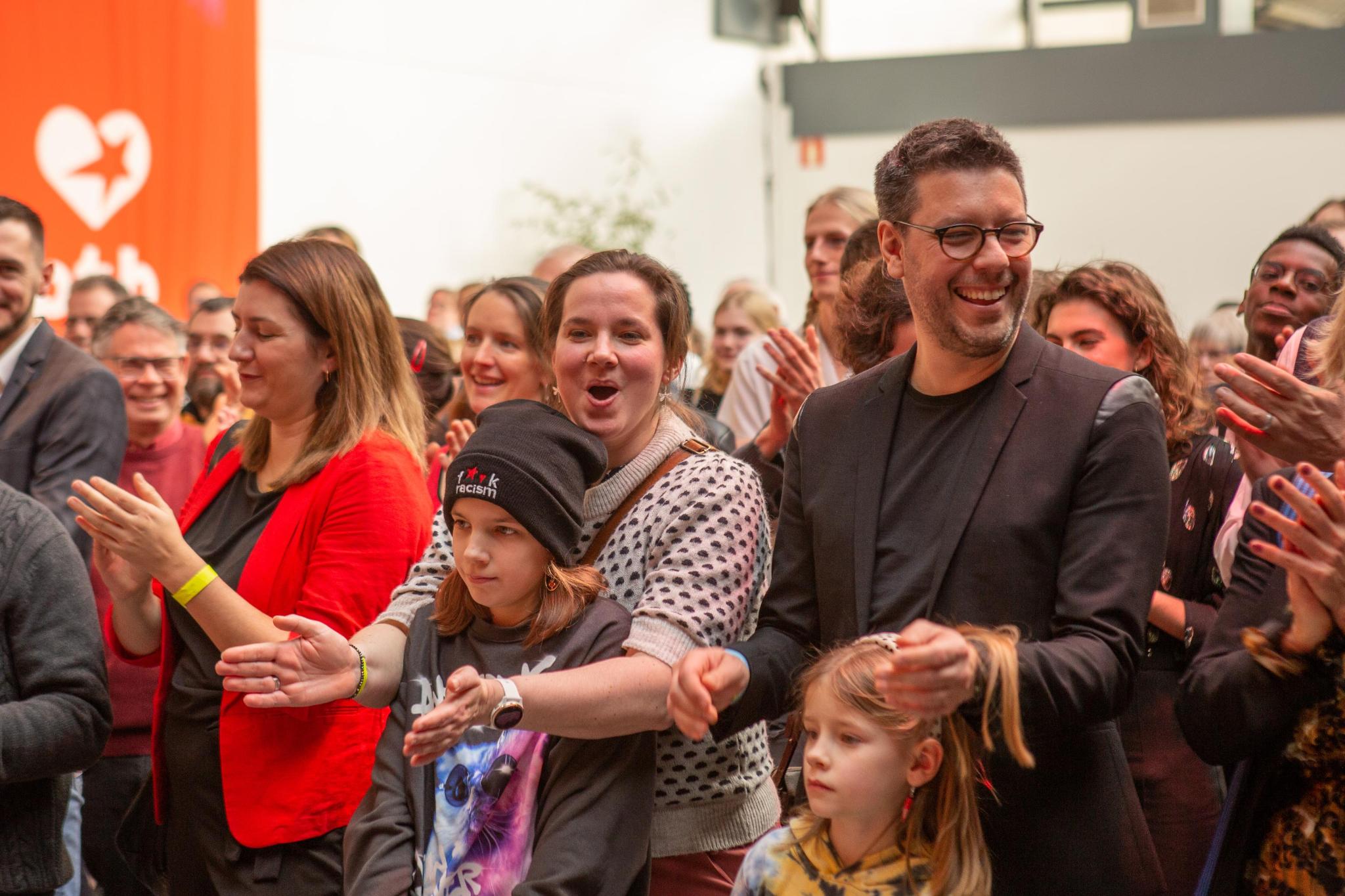
"We need more Zelzates and Borgerhouts in Belgium"[1]»
But there is someone in Belgium who is afraid to see our society take a left turn, under pressure from the PTB-PVDA. Apparently, he can no longer sleep at night. Because he regularly feels compelled to make crude attacks on our party in his year-end interviews.
No, Bart De Wever [president of the right-wing Flemish nationalist party N-VA and mayor of Antwerp] cannot ignore the fact that a real left-wing party like the PTB-PVDA is growing in all three regions of the country. He seems to have developed such an obsession with a small Flemish municipality that he's losing sleep. This commune is Zelzate.
What gives Bart De Wever nightmares is that in Zelzate there is a coalition between the PTB-PVDA and Vooruit [Flemish socialist party]. And that its policy is completely different to that of his Antwerp model. In his city he's passing on the bill for the energy crisis to the citizen, with measures such as more expensive garbage bags and services, among other things. He is removing the subsidies for young artists, who should find themselves a "real job" instead. He is cutting citizens' access to local government and reducing the budget of youth workers. While he is saving money on the backs of the people, he is enjoying petits fours with the big property developers and the port barons.
In Zelzate, there is no austerity policy like in Antwerp. In Zelzate, there is no desire to privatize health care like in Antwerp. No. In Zelzate, we demonstrate every day that another policy is possible and realistic. The big multinationals contribute more, in accordance with their size and their surface area. This additional money is returned to the small independent traders through lower taxes and to the population through the abolition of the environmental tax. On 22 June, the Council of State approved this decision, rejecting the appeal lodged by Voka, the Flemish employers' organization. This is an important victory for those who want to fight for a fair tax system that puts the heaviest burden on the broadest shoulders. In Zelzate, we save on the privileges of the political class and invest in the fight against poverty.
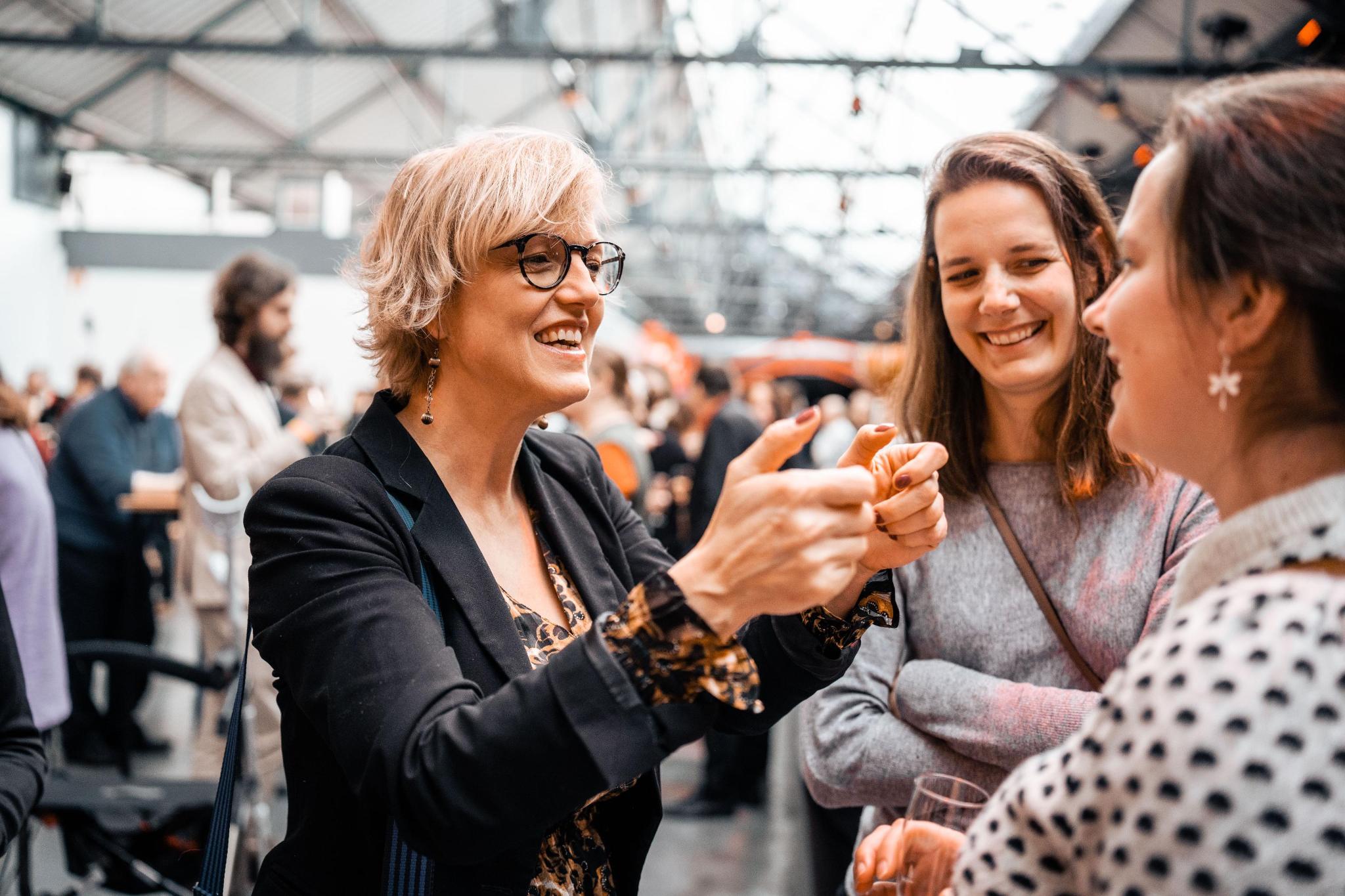
Zelzate is not the only example. There is also Borgerhout, the village of Asterix on the Scheldt, which Bart De Wever knows well, since it is a district of Antwerp. In Borgerhout, the progressive coalition between the PTB-PVDA, Vooruit (Flemish Socialist Party) and Groen (Flemish Green Party) invests in the local associative fabric and citizen participation. It offers associations assistance with their electricity bills so that they do not have to increase their membership fees. While Mr De Wever abolishes the subsidies for projects for young artists in Antwerp, Borgerhout increases them by 25%.
In Zelzate and Borgerhout, the Robin Hoods of Belgian politics are active. And what Bart De Wever fears is that these political models will become a popular export product throughout the country. That in 2024, more and more people will see our party and our policies as a warm alternative to the austere policies of the N-VA.
Well, dear friends and comrades, Bart De Wever is right to be afraid, because we are gaining ground! Day after day, more and more people in this country are joining the PTB-PVDA to change our society. It is not for nothing that we have grown from 8,500 members to 24,000 members in just a few years.
The focus of the 2024 elections will largely be the De Wever model versus the progressive model of Zelzate and Borgerhout. That is why we will continue to patiently and resolutely build a just policy, with workers at the centre. It is time to dare to break with this neoliberal model that all the traditional parties have so dearly cherished for the last 30 years.
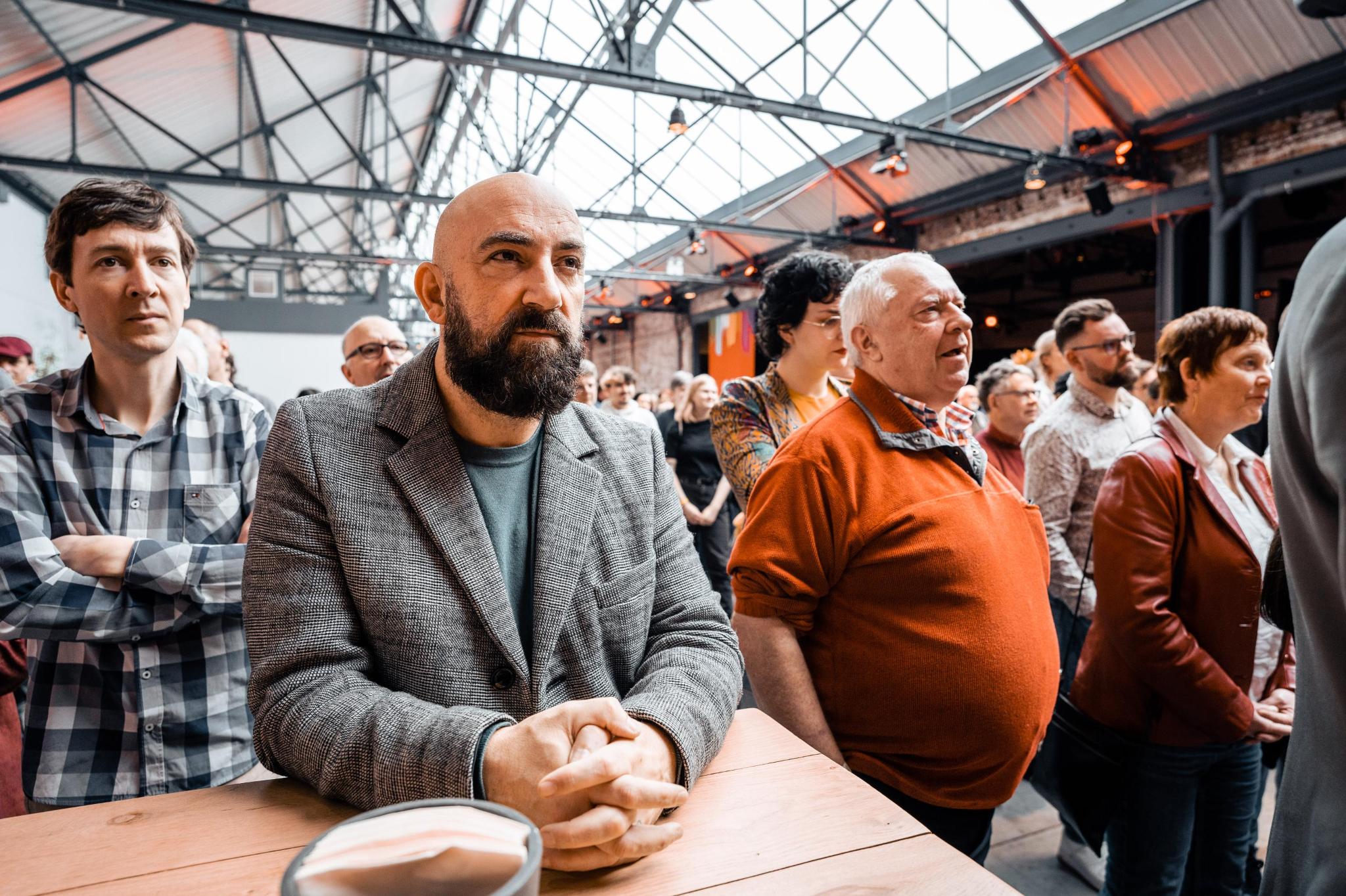
"We need a strong public health care system"
Let's talk about health care. People have been exploited to the bone in this sector. They have less and less time and there are more and more patients. The government only wants to look at the health care sector from a productivity perspective. Numbers, numbers, numbers. Performance first. Health care facilities become health care businesses. Hospitals are not funded on the basis of need, but based on the number of medical services provided. Produce, produce, and produce again. We would be much better off with a funding model that takes into account local health outcomes and breathes fresh life into the front line of health care.
We need a strong public health system. That is why we oppose the privatization decree that the Flemish government wants to impose on the sector. Health care is not about making a profit, it's about caring for people. And that is why the Antwerp model, where the N-VA and Vooruit govern together, must not become an export product in 2024. The ruling majority in Antwerp wants to privatize the Zorgbedrijf, Antwerp's public health care company, against the wishes of the staff and trade unions. The left is not going to get stronger by chasing after the right. If there is one lesson the left should learn from the 1980s and 1990s, it is this.
We are told that people no longer want to work in this sector, that hospitals cannot recruit the staff needed. But what is this about, Minister Frank Vandenbroucke [Minister of Health, Flemish Socialist Party Vooruit]? Listen to the people in the area! What do they say? That they will not be able to work until 67. That they are not paid enough to work from 6am to 2pm, from 2pm to 10pm and on night shifts. They say they don't see the promises made by the government during the coronavirus crisis. The nice statements about "heroes" seem to have been forgotten, and they've had enough. That is why they will take to the streets on January 31. And that is why our party, the PTB, will stand by them. We demand respect for the staff and patients of all the hospitals in the country, all the care centres, all the nursing homes, all the nurseries. We want a just and humane society, not one based on the profit of a tiny minority of the population!
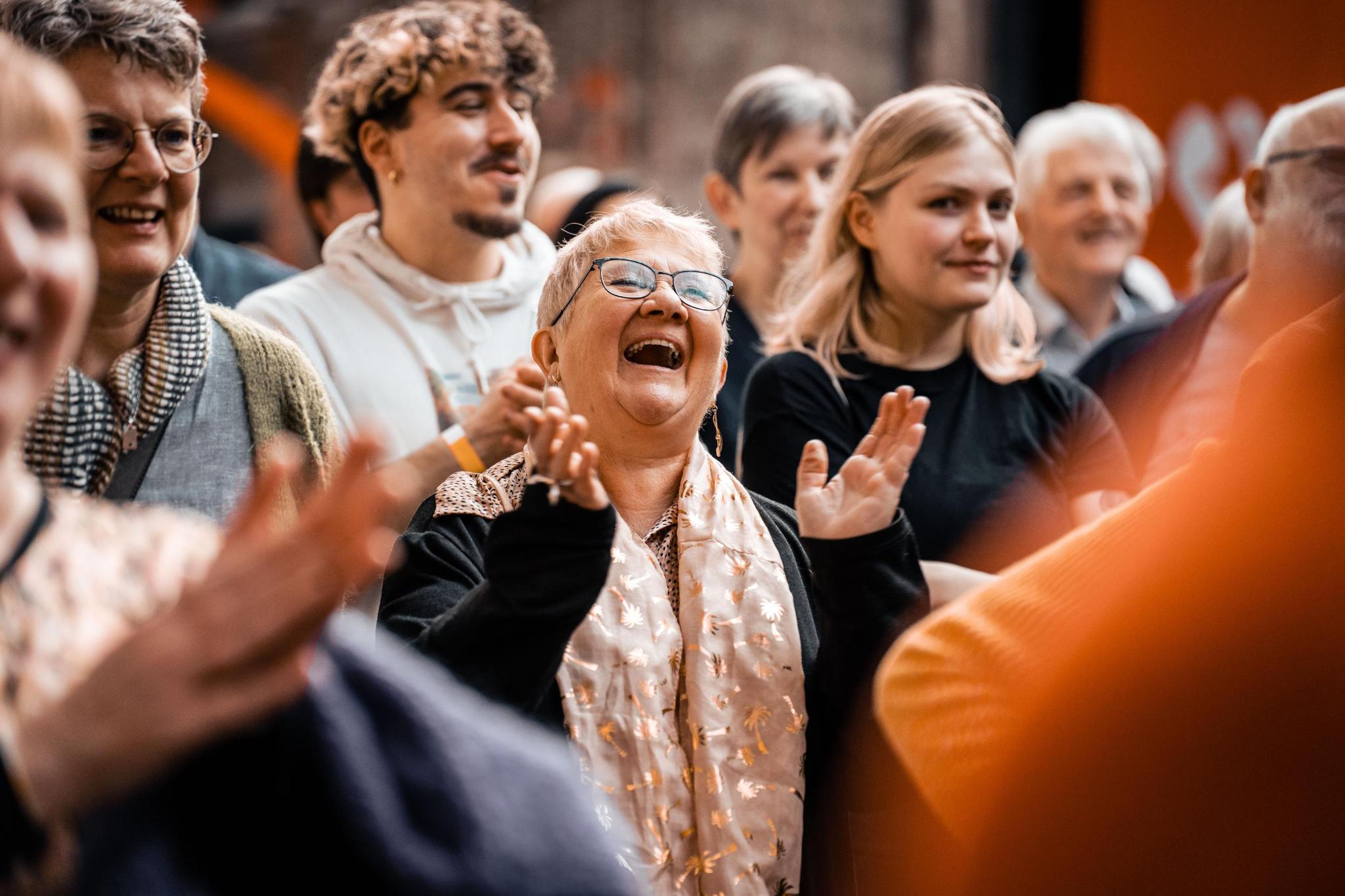
"Every day, the ministers have to react to the PTB's proposals"
With the health sector, we'll be looking for victories. And for this we need a strong opposition party that can win, in symbiosis with the social movement, with civil society, with the unions. Together, with the people.
This is what we have been doing for years. Which other opposition party can claim to have achieved as much as the PTB-PVDA? Every day, the ministers react to the PTB's proposals and have to take them into account.
Look at the last few years.
Which party created and obtained the "White Coat Fund"? The PTB. One billion euros for the care sector. This is a first step of the many needed to strengthen the sector.
Which party demanded a minimum pension reform? The PTB. With 170,000 signatures, we put this demand on the agenda and won it, in part.
Just this weekend, the Ecolo [French-speaking green party] felt compelled to say that they want to lower the salaries of ministers and MPs. All of a sudden, after years of participation in governments. Guess under whose pressure such announcements are possible?
Which party was the first to say that energy is not a luxury product and should not be subject to VAT of 21%? It is thanks to the PTB, which has been campaigning for 6% VAT on energy since 2007, and thanks to the more than 300,000 people who supported us, that the rate of VAT has now been reduced.
Remember how the Liberals said it was all smoke and mirrors? How Paul Magnette [president of the French-speaking Socialist Party] and the Greens said it was a bad idea? We persevered and achieved this victory. And now, the government is in a bind: it announced its intention to recoup the money through an increase in excise taxes. But it doesn't really dare to do it. It's shilly-shallying. It even cost a Secretary of State for the Budget her job. But we say it loud and clear here: we will not let them take back what we have achieved. We will not allow the government to increase excise taxes.
Which opposition party can offer such results? None, except the PTB-PVDA. And we're not going to stop there. What needs to be on the agenda now is a real price freeze. We can do it; we must do it. Together, we will make it happen.
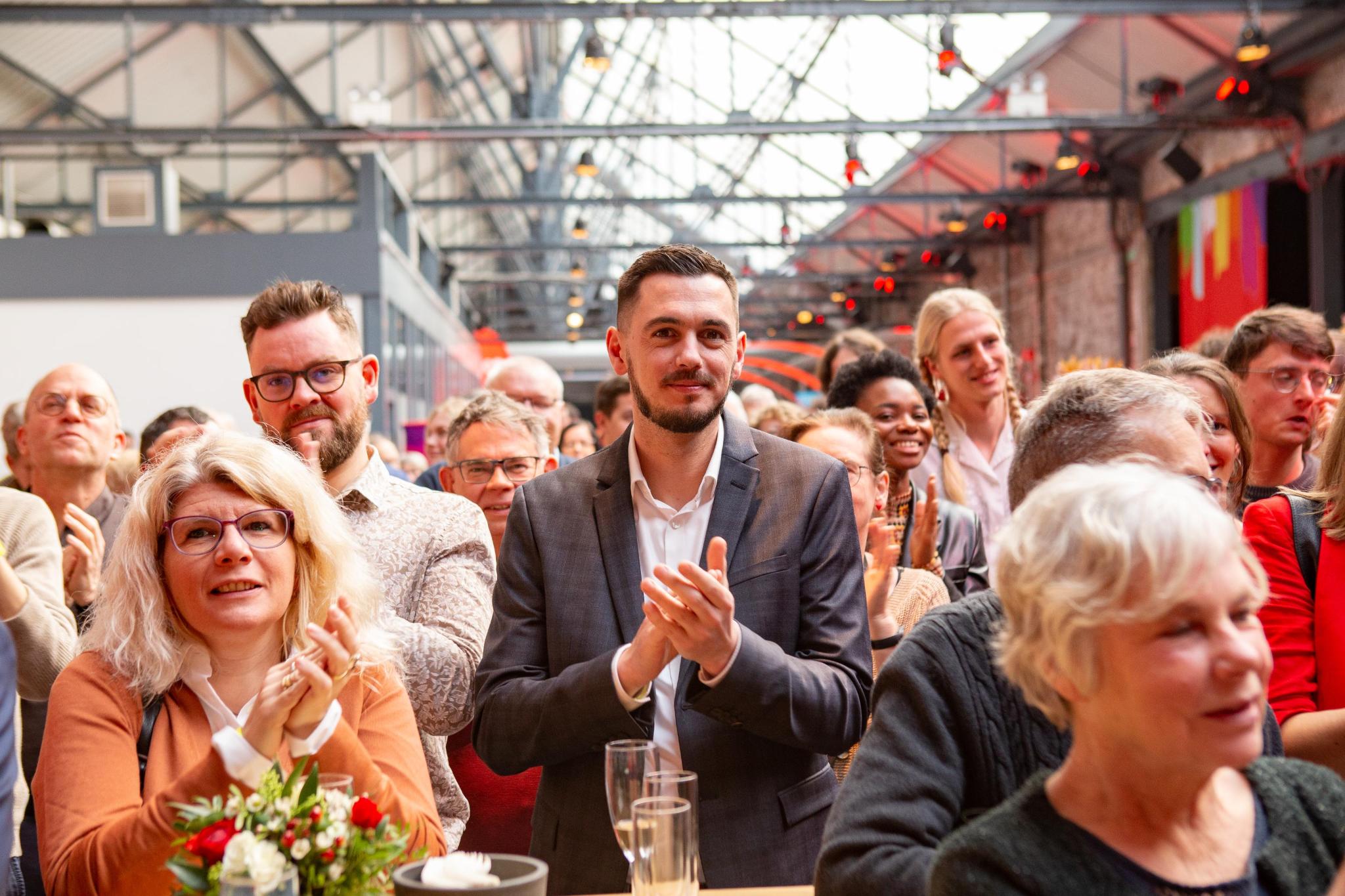
"It's time to introduce a real price freeze"
How is it that a company like Engie produces electricity in Belgium for 35 euros per megawatt-hour but sells it to us at 200 euros per megawatt-hour? It is incomprehensible. Until the 1980s, the sector was regulated by the state. Then, the neoliberal apostles came along and tried to convince us that the liberalization of the sector would bring down prices. Adam Smith's invisible hand would work and guarantee a better service at a lower price.
And when I talk about the neoliberal apostles... it wasn't just the Georges-Louis Bouchez [president of the MR, French-speaking liberal party] of the last century who defended this. All the parties, including the fascist Vlaams Belang party, argued for the liberalization of the sector. Only the PTB was against. And look what happened. Liberalization has only led to one thing: the big companies have eaten up the small ones and, after more than 250 mergers, seven multinationals rule the energy sector in Europe. Seven! Never before in history has there been such a concentration of economic and political power. Never.
Now it's time to introduce a real price freeze at the source. It's what's known as the cost-plus model. It is a matter of calculating the price on the basis of the real cost of producing the electricity, adding a small margin for the producers and imposing the selling price on them. It is totally feasible. You just have to look at what is done in France, where prices are two to three times cheaper than here.
It's just a matter of the political choices made by the parties in government. We have introduced a clear bill on this and have launched a petition. Within a few months, we have already collected 50,000 signatures. And we will continue, to secure 100,000 signatures by June. We are reaching out to all political and social forces to fight this battle together.

We've had the VAT on energy brought down to 6%, and we will now win the freeze on energy prices.
To achieve this, we have to dare to oppose the demands of Engie-Electrabel. What does the government agreement with Engie [on extending the lives of two nuclear power plants] contain? It's always the same story. When it comes to making citizens pay, they apply the "polluter pays" principle. But when it comes to Engie, this principle does not apply. When it comes to Engie, the "polluter doesn't pay". For years, the people of Belgium have been paying too much for electricity, to finance nuclear power plants. But the problem with nuclear power is that no one can say how much it costs to treat the waste. We don't know. That's what bothers Engie, because now that they're going to have to pay the big bills, they want to get rid of the risk. And what is the government proposing? That the risks be for us, the taxpayers. Worse still, there are even proposals to make us pay for the additional investments needed through a new special tax. Yet another tax!
No, dear comrades, we are not going to allow it. The situation is becoming untenable for a large part of the working class. And especially for young people. They have more and more "flexible" jobs. They can no longer buy a house because they don't have long-term contracts. They have to work for small incomes that barely allow them to make ends meet. Yet our young people are the future of the working class. They have the energy and the hope to fight for a new world, and they will build it.
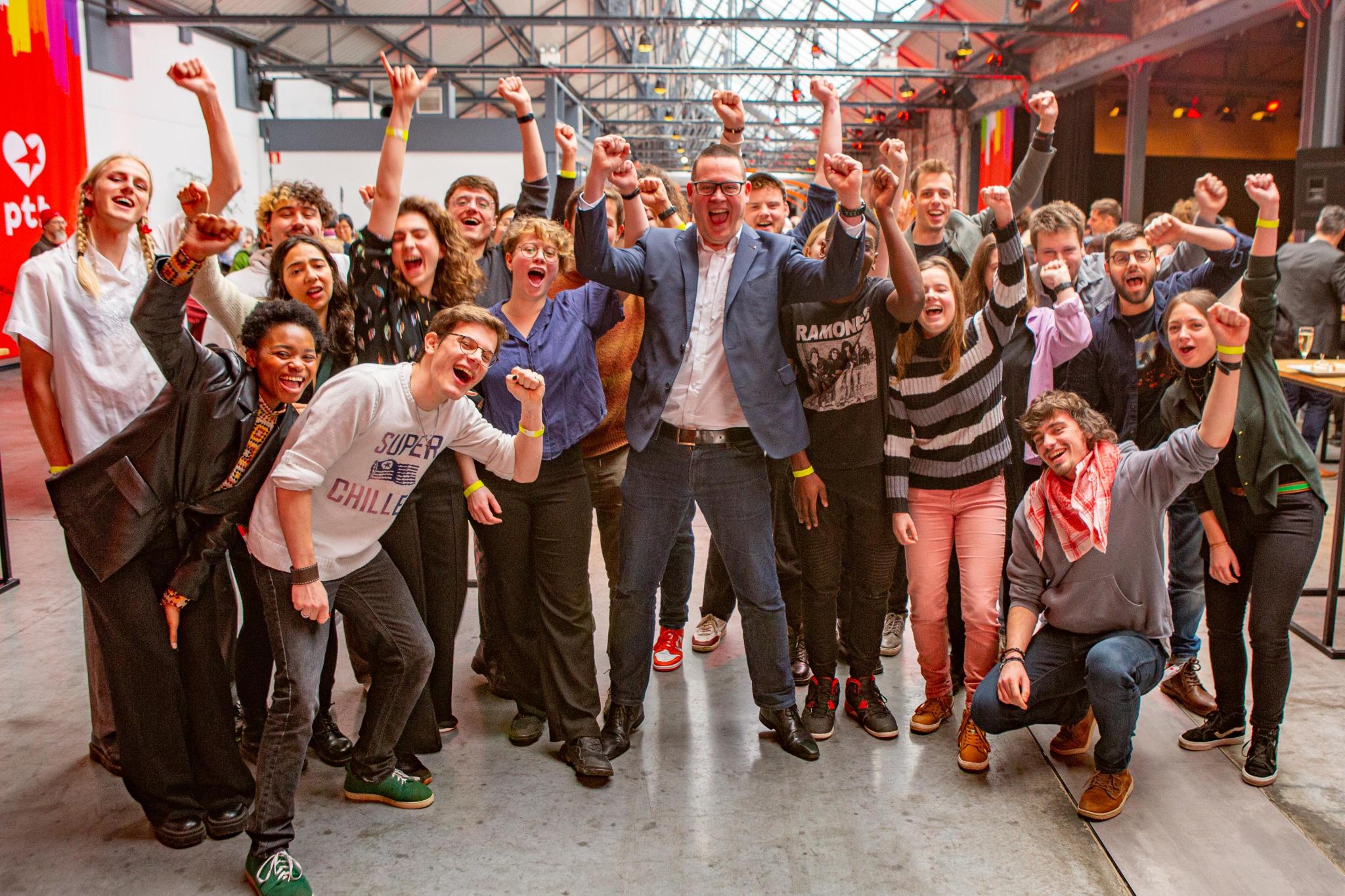
"Young people are the future"
Young people are being hit head-on by the impacts of the crisis. That is why we must be the party of hope. Hope is life. Hope makes you fight. Where there is a struggle, there is hope. Young people are right not to accept society as it is. They feel something is amiss in a society that only thinks about profit. People first, not profit. It is a principle that speaks to the heart of large sections of the young population in Belgium and in the world. Planet before profit. How many times have they chanted it at climate protests?
It is these young people who find it unacceptable that migrants are abandoned to their fate in our country, and left to live in unsanitary squats. Yet they are the victims of wars and misery for which they are not responsible.
It is these young people that are always on the front line of the fight for peace and for the planet. A peace not only now threatened by the war in Ukraine but in other parts of the world. The war for money, to expand the spheres of influence of the imperialist powers.
It is these young people that will not let the racism or the divide and rule policy of right-wing forces continue to damage our society.
Young people are the future. And this is also something we want to put into practice in our party. This is one of the main objectives of our Unity Congress. We want to give young people their rightful place in our party.
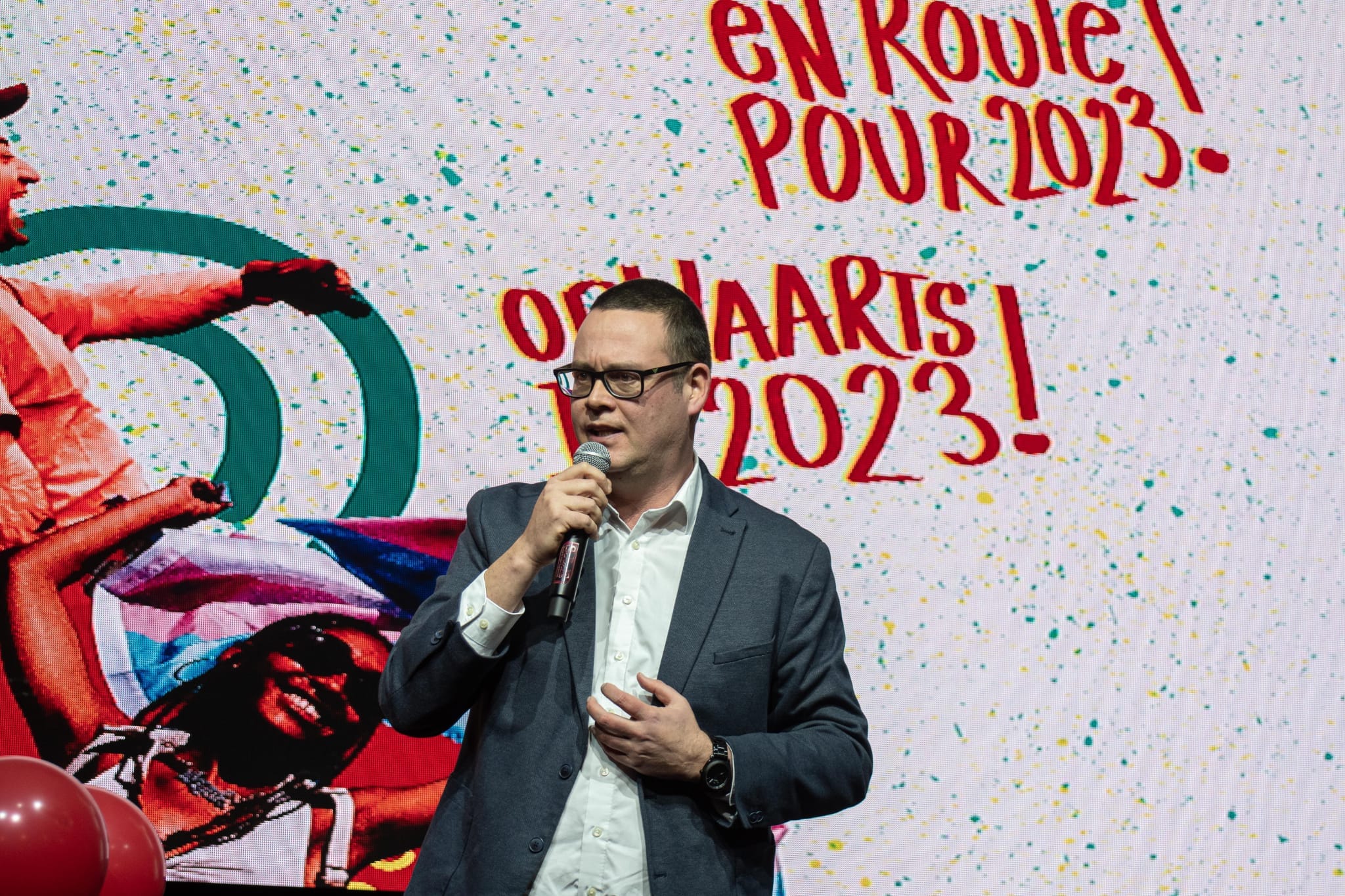
Dear friends, dear comrades,
2023 is going to be an important year. Many people are looking to us to steer society in a warm and social direction. We will do everything we can to turn their hopes and expectations into reality.
Thank you, all of you.
We’ll keep up the fight!
[1] Zelzate and Borgerhout are two municipalities in Flanders where the PTB-PVDA participates in the municipal majority and therefore in the local government.